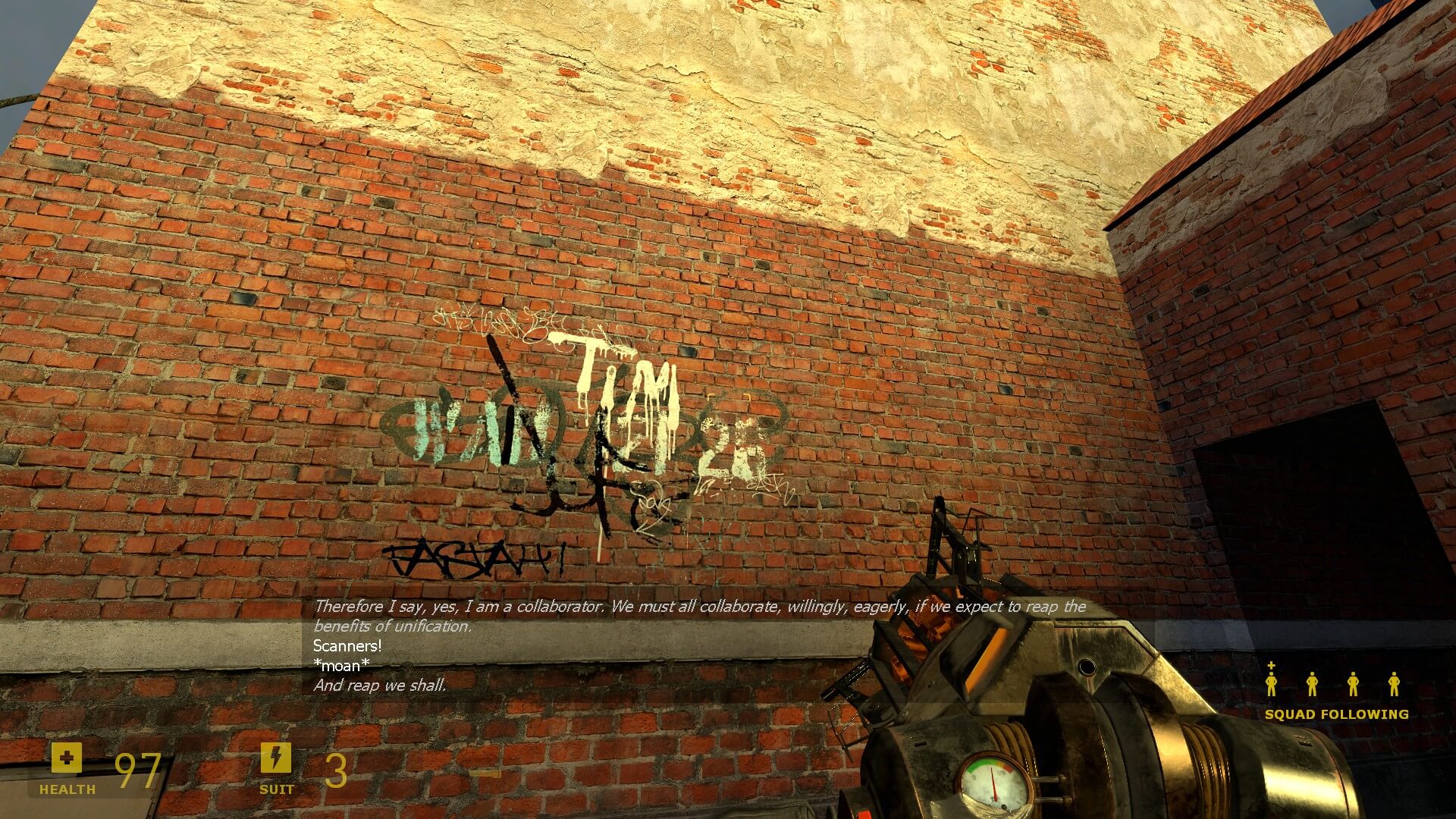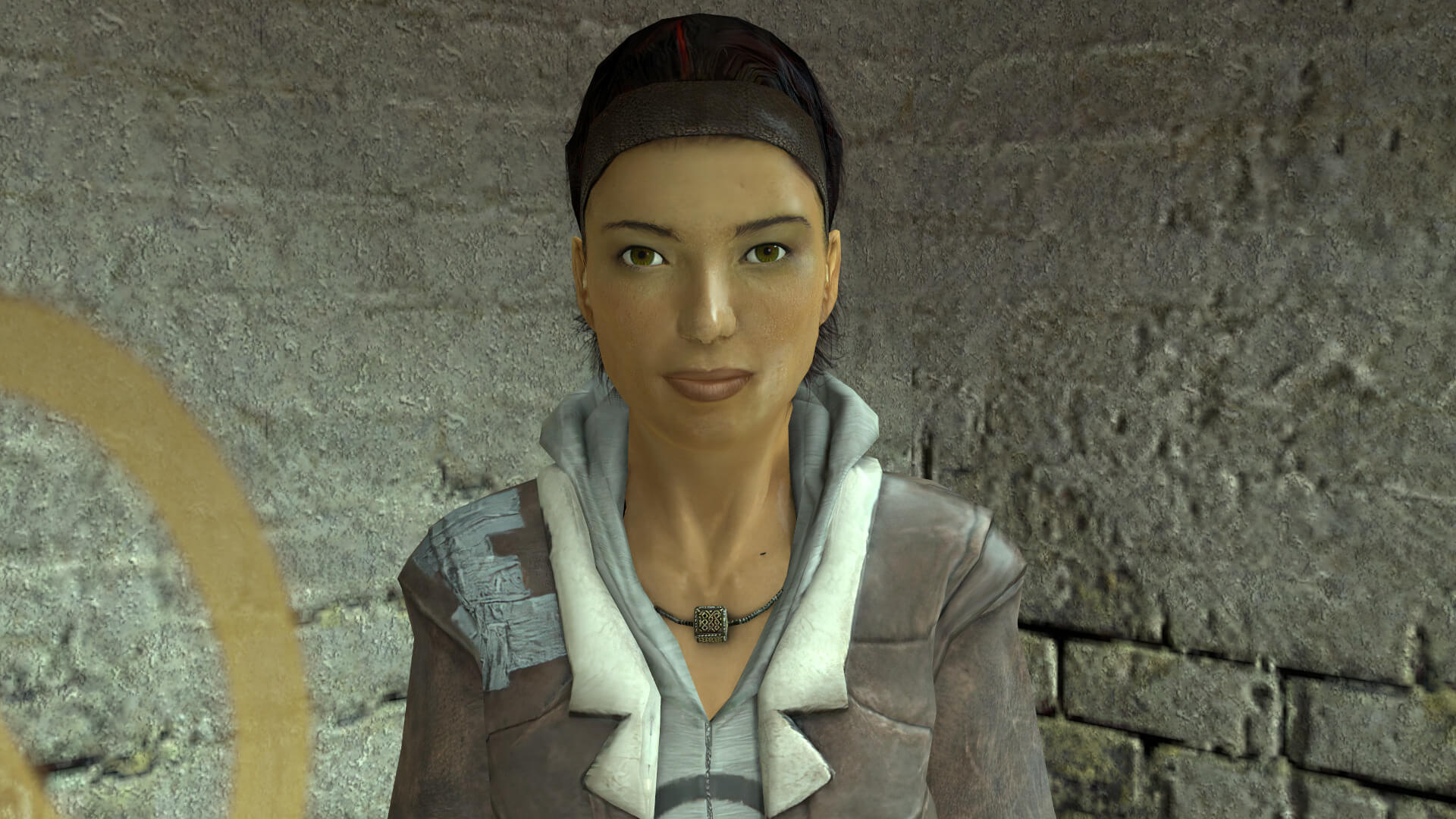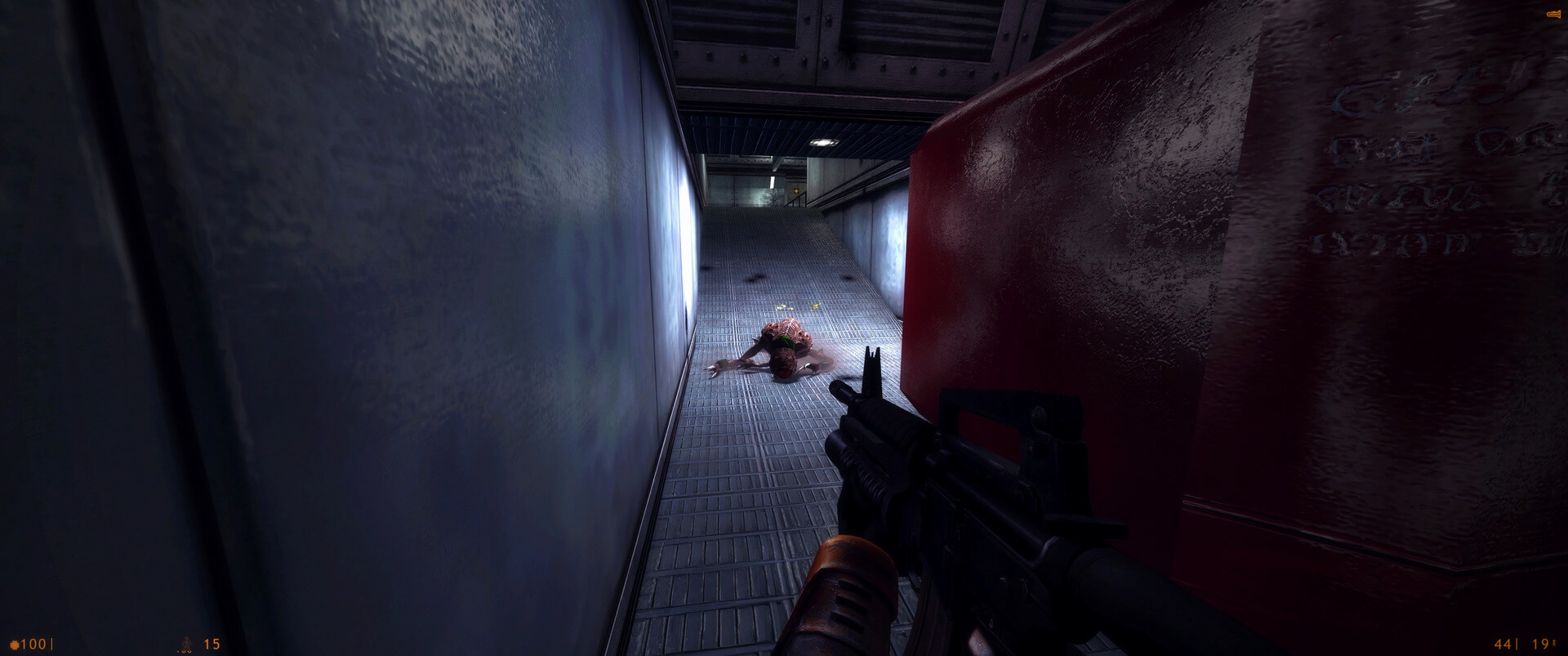

Two engineered IgG1 mutants (N434A and T307A/E380A/N434A) showed a considerably extended t(1/2) in vivo compared with wild-type antibody in mice expressing an hFcRn transgene (Tg) but not in mice expressing the endogenous mouse FcRn. Mutants of the humanized monoclonal Herceptin antibody (Hu4D5-IgG1), directed against human epidermal growth factor receptor 2 (p185 (HER2)), show altered pH-dependent binding to hFcRn in vitro.

The goal of this study was to analyze the effect of human IgG1 (hIgG1) antibodies with enhanced in vitro binding to FcRn on their in vivo t(1/2) in mice expressing human FcRn (hFcRn).

The MHC class I-like Fc receptor FcRn plays an essential role in extending the half-life (t(1/2)) of IgG antibodies and IgG-Fc-based therapeutics in the circulation.


 0 kommentar(er)
0 kommentar(er)
